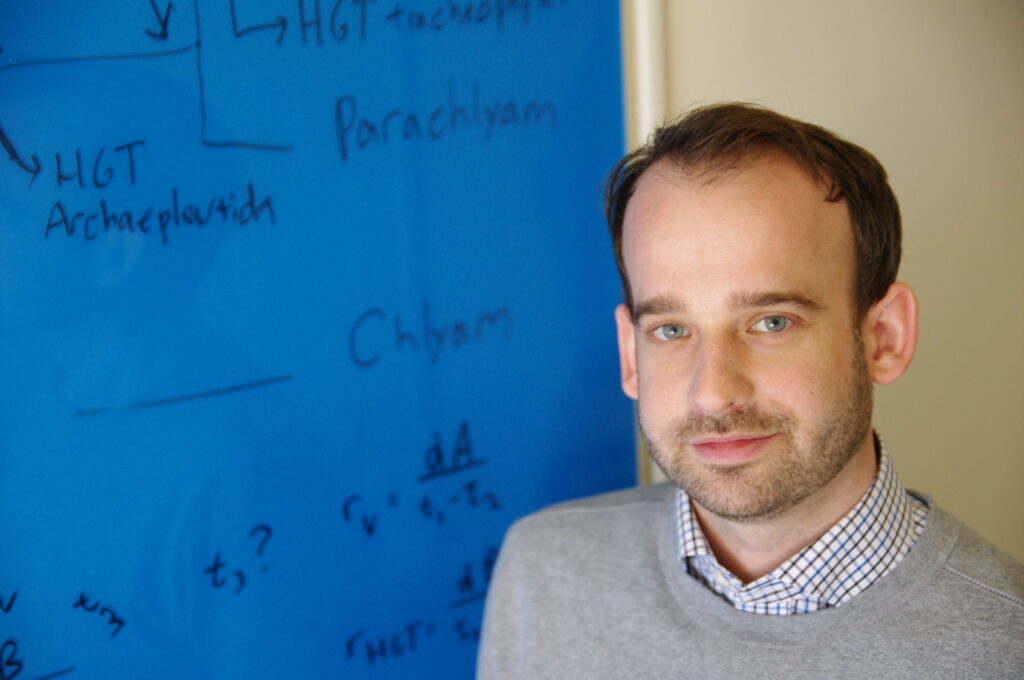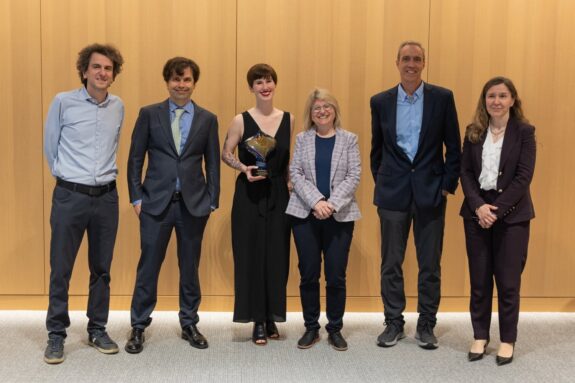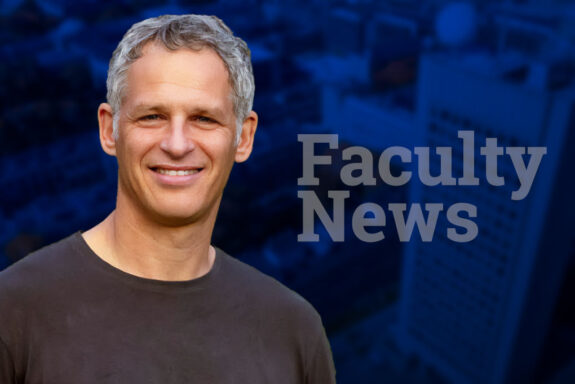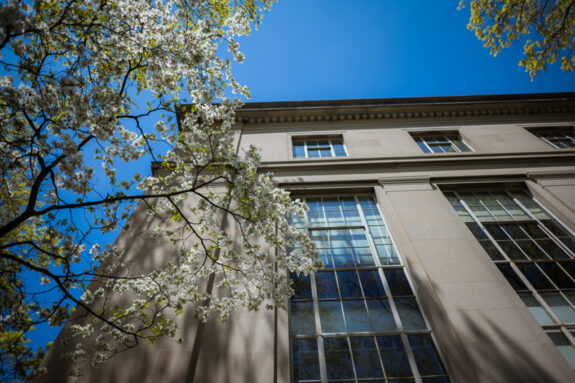The Executive Committee of the Corporation has approved the promotion of Andrew Babbin to Associate Professor and granted tenure to Greg Fournier, effective 1 July 2022.

Babbin studies the interplay of chemistry and biology across spatial scales, with regards to marine microorganisms. His lab has a special focus on the cycle of marine nitrogen under reduced oxygen concentrations; recently, Babbin’s team released an atlas of the largest “oxygen-deficient zones” in the ocean, which is the most detailed map that has been created to date.
Babbin was also recently named as an NSF CAREER award recipient, which funds both research and teaching initiatives for five years. In addition to continuing his research into marine snow and its role in atmospheric chemical composition, Babbin is also working on improving ocean chemistry education both at MIT and on a high school level.
Babbin joined the MIT faculty in 2017; prior to that he was an NSF Postdoctoral Research Fellow in Civil and Environmental Engineering at MIT. He received his PhD in geosciences from Princeton University.

Fournier uses a combination of genomic and phylogenetic insights and geologic records to study major events in planetary history, with the hope of furthering our understanding of the co-evolution of life and environment throughout Earth’s history. Recently, Fournier co-authored a paper proposing that microbe interactions with minerals in ocean sediments helped lead to the oxygenation of the Earth’s atmosphere.
Fournier was also named one of the first recipients of the Scialog Collaborative Innovation Award, which recognizes cutting-edge research investigating how life survives both on Earth and on other planets. Fournier hopes to use genomic data to determine at what point in history oxygen consumption by microbes began on Earth.
Fournier joined the EAPS faculty in 2014 after working as a Postdoctoral Associate at the University of Connecticut and as a NASA Postdoctoral Program Fellow in MIT’s Civil and Environmental Engineering Department. He earned his PhD in Genetics and Genomics from the University of Connecticut.



